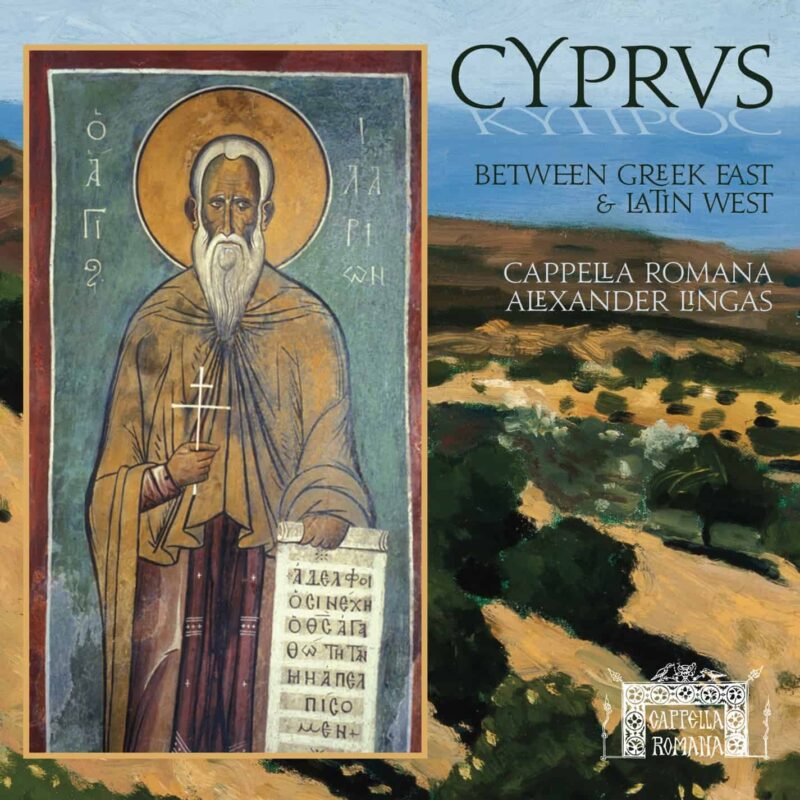“Musicologist Alexander Lingas continues his mesmerizing exploration of the music of both traditions with a release that offers, as he states in his extensive notes, ‘a sampling of the Byzantine and Latin sacred music that someone could have encountered during the fifteenth century by walking the short distance between the Greek Orthodox and Roman Catholic cathedrals of Nicosia.’ Included are traditional chants in Eastern and Western styles, along with music of the more advanced types: isorhythmic motets and kalophonic hymns and kratema (vocalise interludes). … The juxtaposition of these two styles, in a way unique to this time in Cyprus, renders the similarities and divergences in the styles clearer than any dissertation could and makes this a particularly valuable recording for students of this period and region. It goes without saying that the performances of the Portland, Oregon-based professional chorus Cappella Romana are extraordinary. The choir, led by artistic director Lingas, consists of 11 male and female singers, with the robust men’s section taking the Orthodox chant and the women joining in the motets and Latin mass. At least two altos add an upper voice to one of the kalophonic works. As in previous releases in the choir’s now extensive discography, the finest scholarship is aligned with artistry of the highest order. The tone is wonderfully varied and evocative, especially the rich drone of the Orthodox chant. The women’s voices are pure but warm. The unnamed solo cantors are fluent and secure. Any lover of late-medieval music should find this an absolute delight. Add Lingas’s erudite notes, the sizable bibliography, the authoritative editions, and the superb engineering, and this release becomes indispensable.”
Fanfare Review
Cyprus: Between Greek East and Latin West
The tone is wonderfully varied and evocative, especially the rich drone of the Orthodox chant. The women’s voices are pure but warm. The unnamed solo cantors are fluent and secure. Any lover of late-medieval music should find this an absolute delight. Add Lingas’s erudite notes, the sizable bibliography, the authoritative editions, and the superb engineering, and this release becomes indispensable


